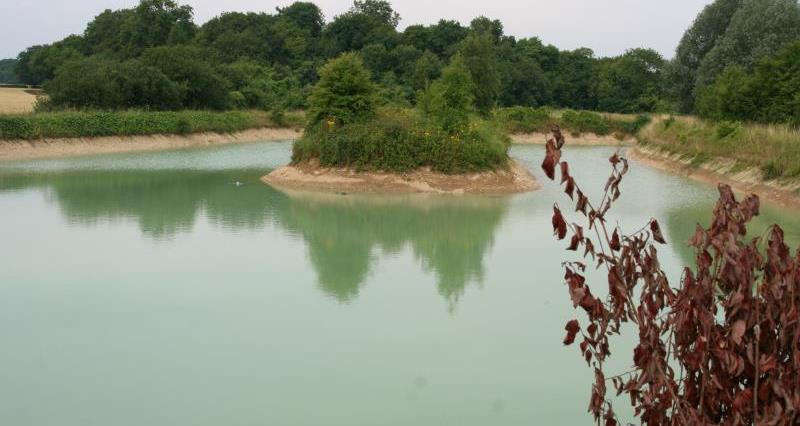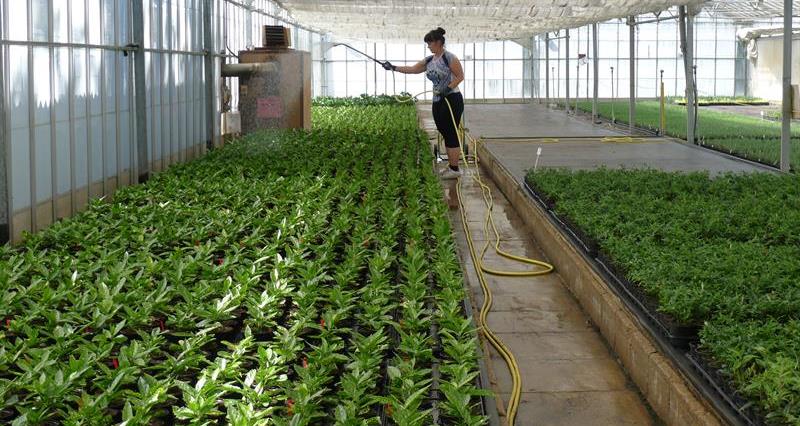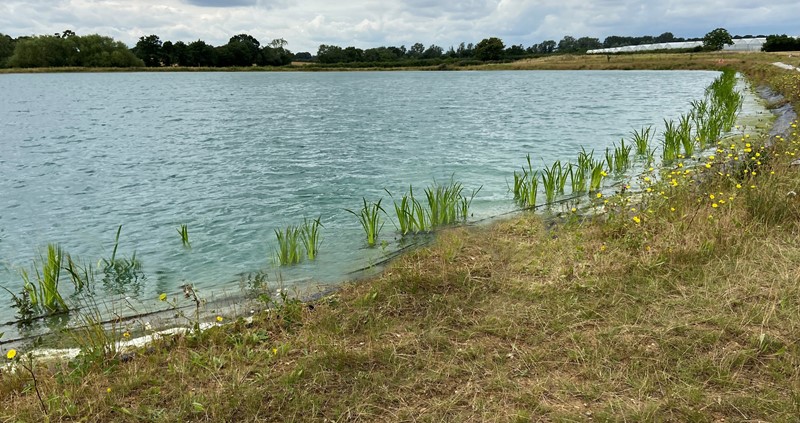Under the government’s ‘local resource option screening study funding’, £1.6 million will be used to support around 20 studies and will also investigate water demand and availability in the most water-stressed agricultural areas over the next 25-year period
Projects could include multi-farm reservoirs and treated waste-water recycling systems as well as aquifer storage and recovery.
NFU Vice President Rachel Hallos welcomed the funding adding that secure access to water for irrigation and livestock is “critical for farm businesses, particularly in the face of a changing climate”.
“It is essential that agricultural abstractors can access a fair share of sustainable water supplies alongside water companies and other water users.”
Innovative and practical solutions
Rachel said the funding “goes some way” to meeting the government’s commitment at Farm to Fork Summit to support farmer-led groups in identifying local water resource schemes.
“We hope it will enable innovative and practical solutions to be developed by local abstractors such as the Felixstowe Hydrocycle.”
The Felixstowe Hydrocycle is a multi-farm project repurposing more than 0.5 million tonnes of excess land drainage water per year.
“These should work hand-in-hand with other funding schemes such as the water management grant and ELMs options to build resilience in farm businesses,” Rachel added.
“The NFU, UKIA and the Water for Food Group support collaborative action by agricultural abstractors to positively engage with the Environment Agency and other water planners in delivering both secure water supplies for farms and sustainable catchments.”
Who can apply?
Farmers can apply for a screening study if they own the land or have a tenancy agreement with the landowner, plus:
- are a group of two or more neighbouring farms
- manage or operate arable, horticultural, aquaculture or livestock farms, including ornamentals or forestry nurseries, and
- currently abstract, or would like to abstract, water for irrigation or livestock husbandry located in England (you cannot apply with joint businesses or partnerships in Northern Ireland, Scotland or Wales).
You do not need to be a member of a water abstractor group, farming facilitation group or similar to apply.
The EA and the NFU encourage agricultural abstractors to consider joining or starting a group in their area to improve their water resilience.
“Secure access to water for irrigation and livestock is critical for many farm businesses, particularly in the face of a changing climate.”
NFU Vice President Rachel Hallos
How to apply
A designated lead contact from the group should gather all information before they apply. The deadline for applications is 16 June at 23:59.
The lead will need to answer questions about:
- The farm names and addresses.
- If water abstraction is being used for irrigation or other activities, for example, fish farming or supporting livestock.
- If farmers are landowners or tenants, or have another agreement.
- If farms have water abstraction licences, and any issues or concerns about the future of their licences.
- Water constraints (for example, recent section 57 spray irrigation restrictions or ‘hands off flow’ conditions).
- Any existing water resource resilience measures that farms in the application group are using.
- If farms are in a formal water abstractor group, farming facilitation group or similar, plan to start a group, or join an existing one.
They must complete an application form and email that to wrnationalframework@environment-agency.gov.uk . The information provided will build a picture of the farming businesses who wish to be involved in the screening study.
Next steps
Applications are competitive, and the EA will prioritise approving applications by groups of farms which meet certain criteria.
The EA has said it aims to give a decision within 20 working days of the application window closing.
If an application is unsuccessful, the EA will write and explain why.
If additional funding becomes available to the Environment Agency for screening studies, the EA may look again at the application and write to again at a later date.



